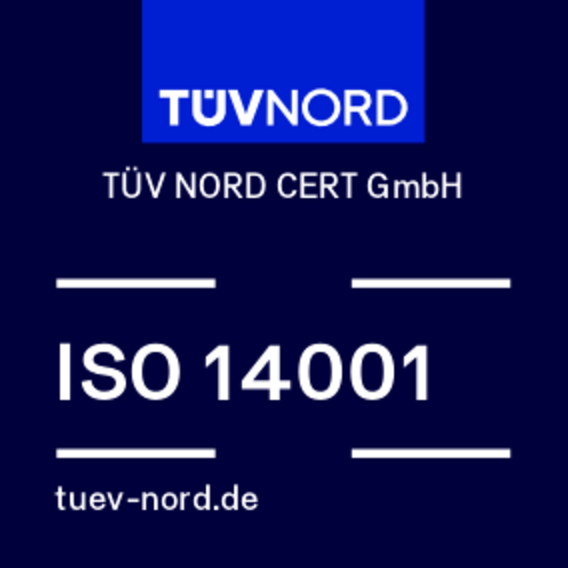
What is ISO 14001?
ISO 14001 certification is the internationally recognized standard for environmental management systems. It provides a structured framework for companies to identify, manage and reduce their environmental impact, while meeting applicable legal and regulatory requirements. This standard helps organizations improve environmental performance through efficient use of resources and waste reduction, without compromising profitability.
ISO 14001 is suitable for companies of all sizes and sectors—from manufacturing to services, public institutions, and logistics. Whether your organization is just starting to explore environmental management or you already have sustainability goals in place, ISO 14001 supports you in aligning your operations with globally accepted environmental standards.
Many organizations also combine ISO 14001 with the Eco-Management and Audit Scheme (EMAS) to enhance transparency and demonstrate deeper commitment to environmental protection and continuous improvement.
As part of the TÜV NORD GROUP, TÜV NORD Danmark combines a strong local presence with global expertise. Our experienced auditors work closely with you to evaluate and optimize your systems, ensuring your business is both sustainable and compliant.